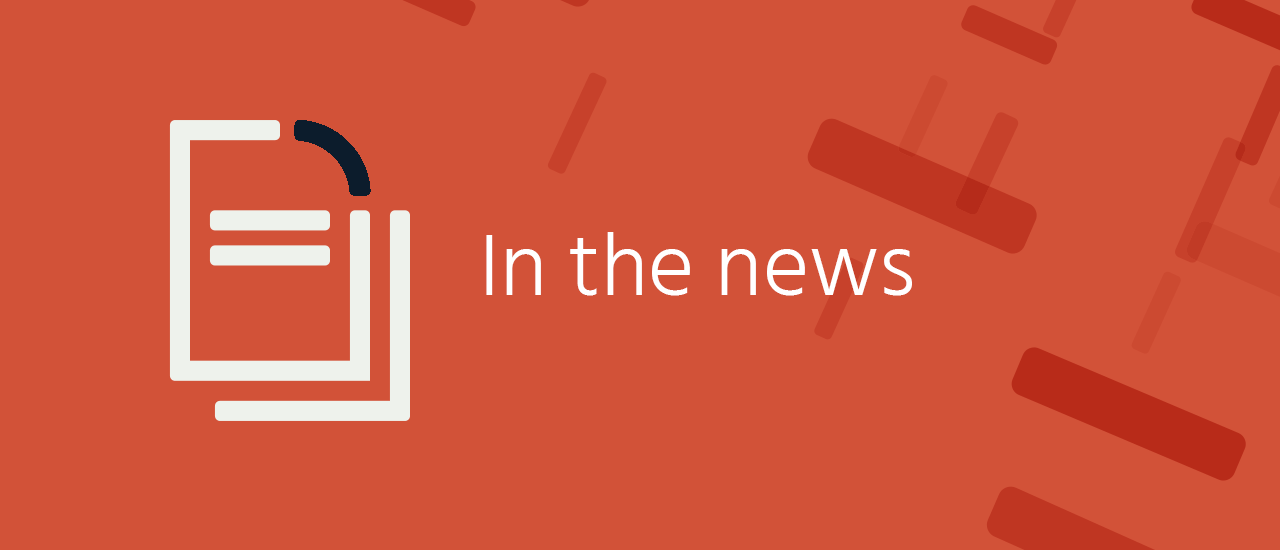Profits first: Whistleblower Frances Haugen, a former data scientist at Facebook, testifying before a U.S. Senate committee, accused the company of putting profits before the public good. Facebook has encouraged rage posting on its platform in order to drive user engagement, she said. In addition, she accused Facebook of hiding internal research showing harm to some users, NPR reports. “The result has been more division, more harm, more lies, more threats and more combat. In some cases, this dangerous online talk has led to actual violence that harms and even kills people,” Haugen told lawmakers.
The platform is sinking: The first week of October was a bad one for Facebook. In addition to Haugen’s testimony, the social media giant, along with sister services Instagram, WhatsApp and Messenger, went dark for about six hours on 4 October. Facebook blamed the outage, the longest at the company in several years, on “configuration changes on the backbone routers,” CNBC says.
Super twitchy: Meanwhile, video streaming service Twitch, popular with gamers, blamed a server configuration error on a massive breach containing 125 GBs of data, CNet reports. The data leak allegedly included details on creator payouts; source code for mobile, desktop, and video game console Twitch clients; data on other properties owned by Twitch; and other information.
Hacktivists attack: Hacktivists are waging a “guerrilla war” on tech companies with Anonymous targeting the Epik web hosting service and hackers posting the Twitch data in recent days, the Washington Post reports. “The perpetrators of these hacks are distancing themselves from financially driven cybercriminals and ransomware gangs by portraying their attacks as moral crusades against what they said were the companies’ sins.”
Investing in change: In a bit of more positive news, Google has announced it will invest $1 billion in Africa over five years to build fast Internet service and invest in tech startups, Reuters says. An undersea cable being built by Google to link Africa and Europe is scheduled to be completed in late 2022. It is expected to increase Internet speeds by up to five times and lower data costs by up to 21 percent in countries like South Africa and Nigeria, Google says.
